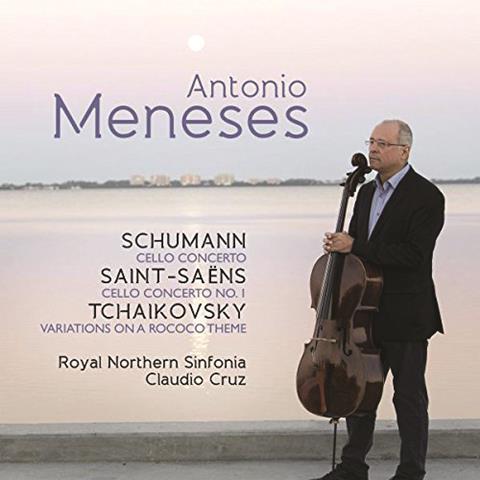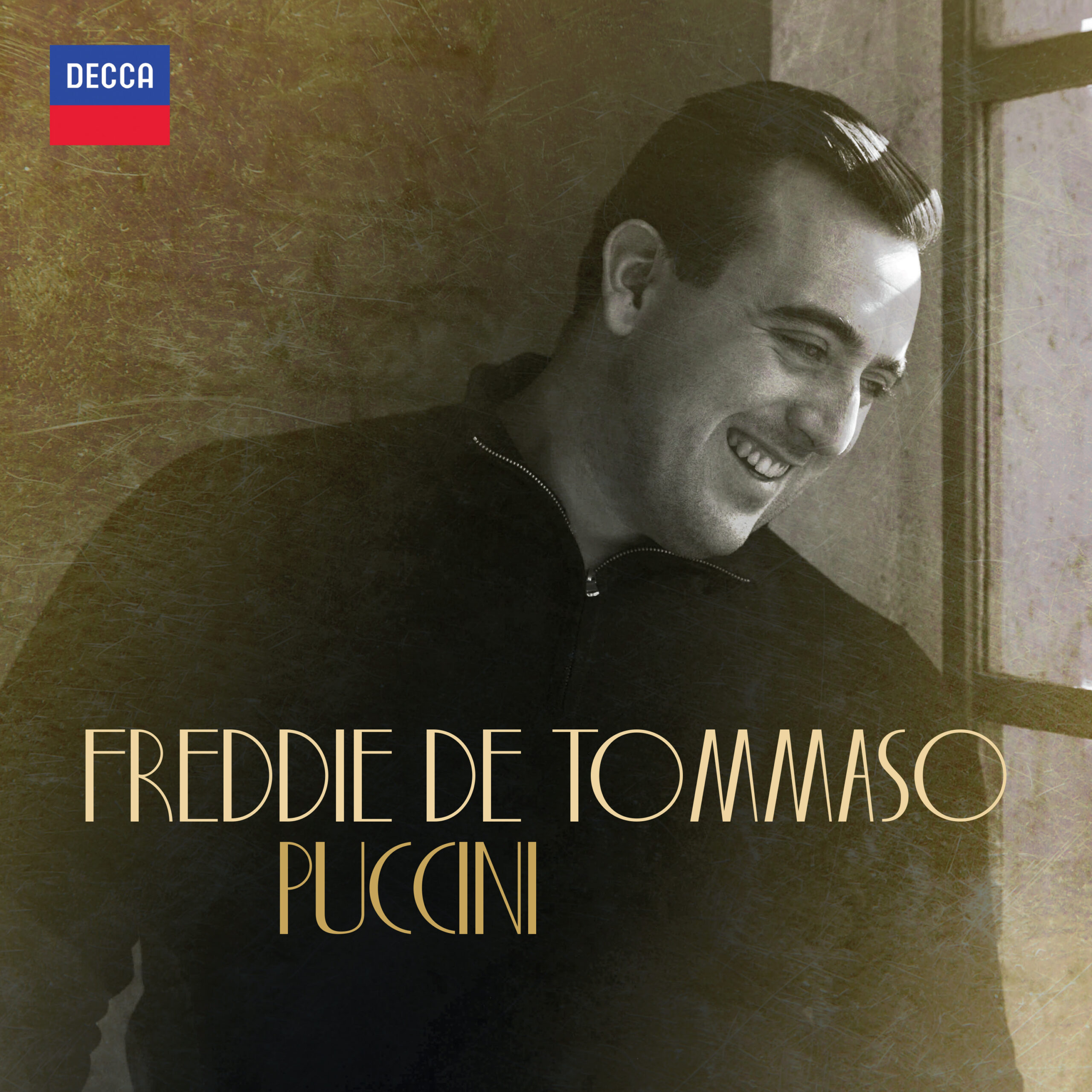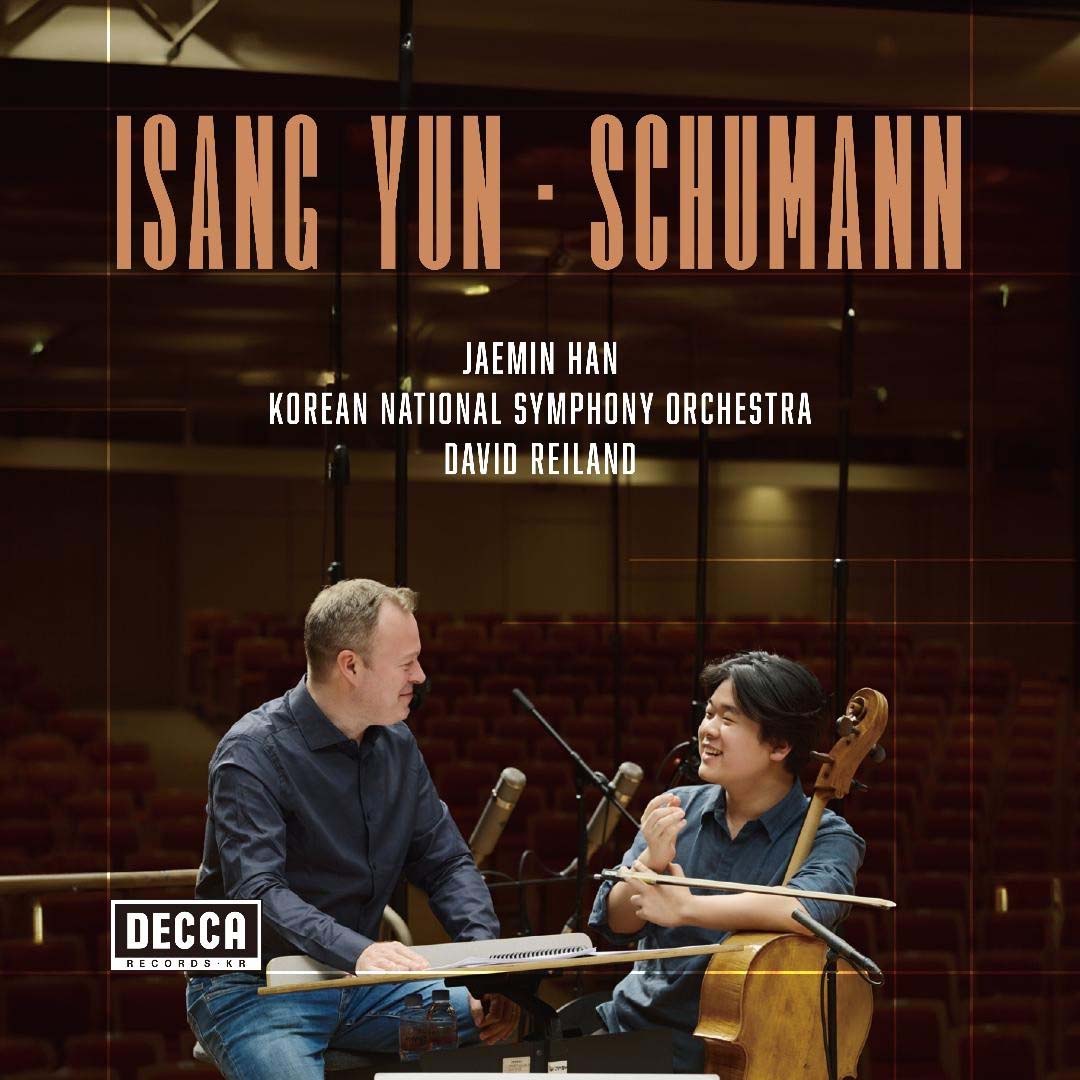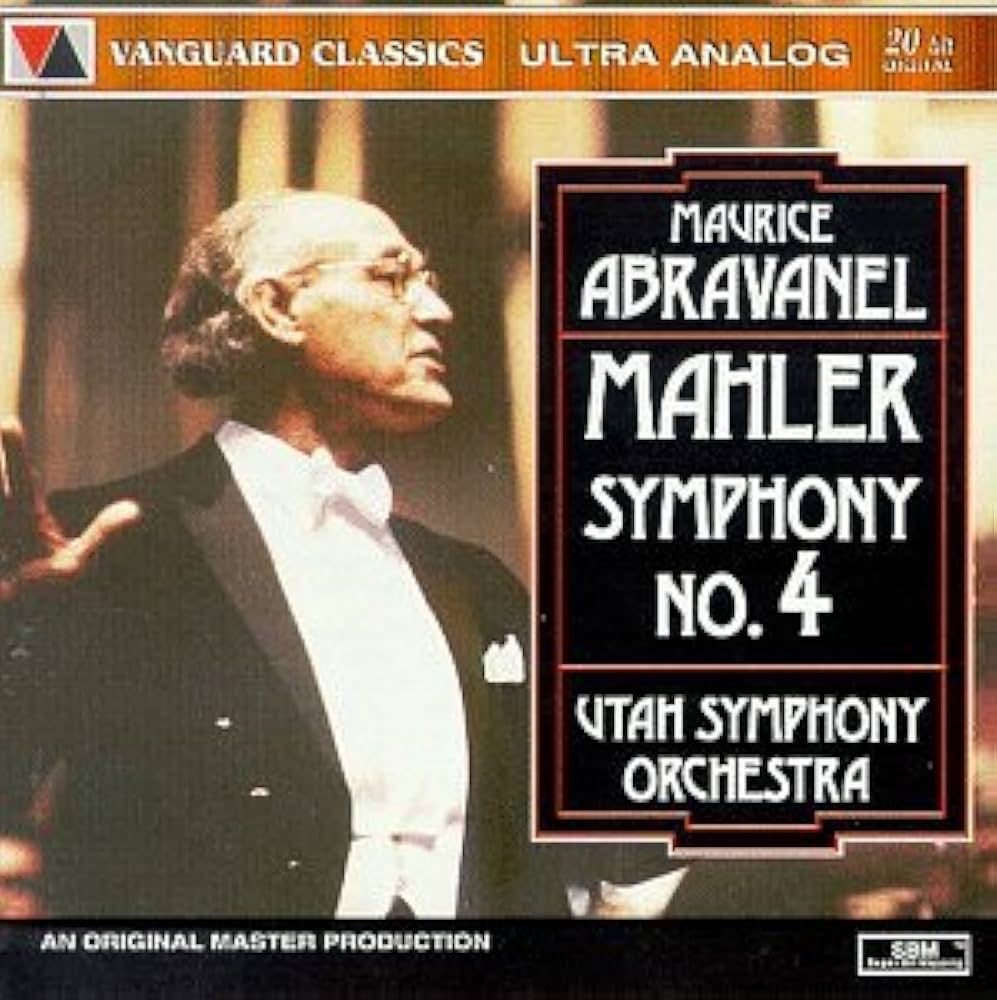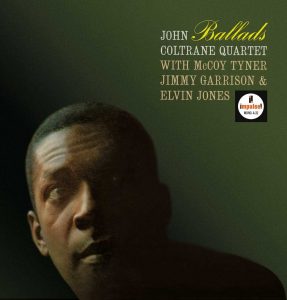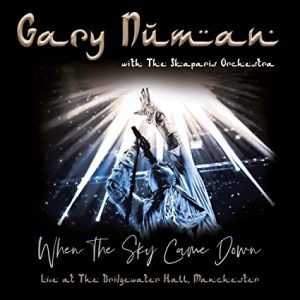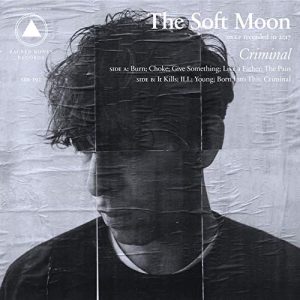Antonio Meneses Cello Concertos. Schumann: Cello Concerto in A minor, Op. 129; Saint-Saëns: Cello Concerto No. 1 in A minor, Op. 33; Tchaikovsky variations on a Rococo Theme, Op. 33. Antonio Meneses, cello; Royal Northern Sinfonia/Claudio Cruz. AVIE AV 2373. TT: 60.29
Downloads: Amazon.com (mp3); hdtracks.com (AIFF, ALAC, FLAC, WAV); prestoclassical.co.uk (FLAC, HD FLAC, 320 Kbps mp3)' qobuz.com (Hi-Res, "16-bit CD quality")
The Brazilian cellist Antonio Meneses has been around a while: he was the featured soloist in Herbert von Karajan's final recording of Don Quixote, on DG, and played in the Beaux Arts Trio for ten years. He's also recorded a diverse survey of concerti and chamber works for AVIE; the present release, marking his sixtieth birthday, represents my first encounter with him.
Meneses sounds most at home when he can make his instrument sing. His tone is vibrant in Schumann's brief slow movement; his melting intonations in the lyrical phrases of the Saint-Saëns are captivating. The Tchaikovsky—the piece which won him the Gold Medal in the 1982 Tchaikovsky Competition—is lovely, varied, and expressive. In energetic passages, his playing is generally full-toned and incisive—he gets the Schumann off to a good, firm start—but, as the pace picks up, his tone loses quality and depth. Much of the Saint-Saëns, unfortunately, plays to his weaknesses. He manages some of the first movement's awkward string crossings well, without quite concealing their awkwardness. In the finale, the passagework at 2.45 and again at 5.29—which Isserlis (RCA) and Heinrich Schiff (DG), in their respective recordings, infuse with a shapely elegance—sounds merely dogged.
The Royal Northern Sinfonia, a competent chamber orchestra, is undersized for this music; close microphoning makes it sound "bigger," as in louder, but can't supply the missing tonal amplitude. The round, full winds make a good immediate impression; they're less distinguished or precise elsewhere. The strings bring a nice delicacy to Saint-Saëns's slow movement, but sound understaffed and underpowered in Schumann's scrubbing tremolandos. As with the soloist, the Tchaikovsky comes off best, though I'd have preferred more players recorded with some more space around them.
At the podium, Claudio Cruz is musical and accommodating, bringing wistful, melancholy inflections to Tchaikovsky's introduction. But he can't always figure out how to organize the tuttis: in the Schumann, the homophonic ones are fine—as are the more lightly scored passages—but the busier, more contrapuntal ones don't jell.
For what it's worth, this combination and sequence of scores makes pleasing listening.
Stephen Francis Vasta is Principal Conductor of Lighthouse Opera in New York. (lighthouseopera.com)




